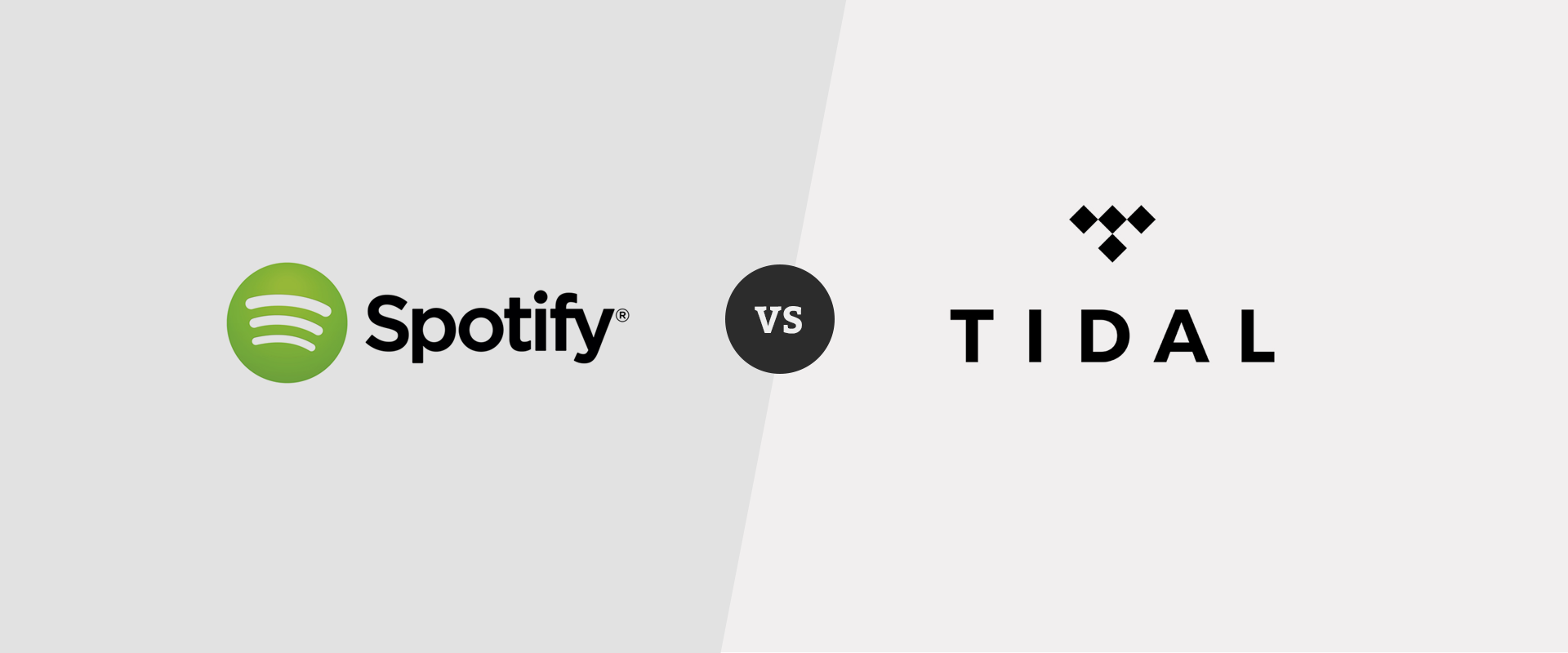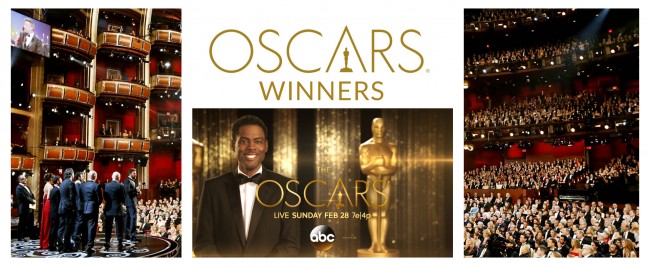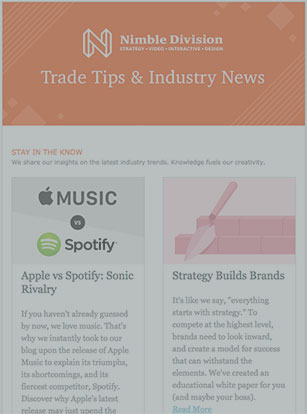What do you value more in your music streaming service: expertly curated playlists based on moods, tempos, and genres?
Or A-list artists endorsing a service they believe will make the music industry a better place? Welcome to the great debate between Spotify and Tidal.
Let’s begin with Spotify. Once an invite-only service from Sweden, Spotify is now 60 million active users strong and growing on a free-to-play platform with options to purchase five or ten dollar per month packages for premium content. 15 million are already paying the monthly fee. There is no denying the struggle Spotify has had appeasing record labels and artists. Taylor Swift and The Black Keys, for instance, have pulled their songs from Spotify to protest the streaming service’s reduced musician payouts. However, Spotify claims its royalties are growing along with their user base. For the listener, there is no denying the elegant and simple UX design of Spotify’s desktop and mobile applications. Though I have not subscribed to Spotify’s premium service, I don’t feel like I’m missing out on anything by using the free account aside from the obvious benefit of offline capabilities that come with premium membership.
Enter Tidal, Jay Z’s new pride and joy. Developed initially as WiMP, Tidal is made for artists (and audiophiles), and owned by artists. While the $20 per month price tag is steep for music streaming services, the payoff is an unparalleled sound that would make Neil Young weep for joy. Tidal uses FLAC files that boast “lossless sound” at 1,411kbps, significantly outperforming MP3 competitors operating at 320kbps. Add in some exclusive content from its shareholders, such as a feature-length film by Daft Punk, and Tidal has the potential to make an impact on the market via hype alone.
This battle has only just begun. Can Spotify, a proven worldwide success, hold its own against the power of 16 festival-headlining shareholder artists? Spotify Product Manager of Ad Experience, Chinmay Lonkar, might have the best answer to that question. After a Product Council presentation, I spoke with Lonkar to pick his brain on the new kid in school, and how Spotify’s brand compares to Tidal’s. His response: Spotify has never been about the individual artist.
Spotify has millions of artists it supports, not just the select 16 Tidal is touting. The exclusive releases and star power pale in comparison to volume. Spotify has strength in numbers because it has positioned its brand as one for the casual listener interested in hearing their favorite tunes, regardless of sound quality. Tidal’s 16 shareholders don’t even hold the majority stake in Tidal. Give credit where credit is due, though. Tidal wants music to matter again, and to give artists the power to control their own destinies. That’s a noble cause to fight for. They’re creating a brand based on quality, not quantity. If or when Spotify can increase their technical resources to a point where they can deliver the same high fidelity sound as Tidal, they will be a formidable company to overcome.
This post originally appeared on thesmackpack.com.



